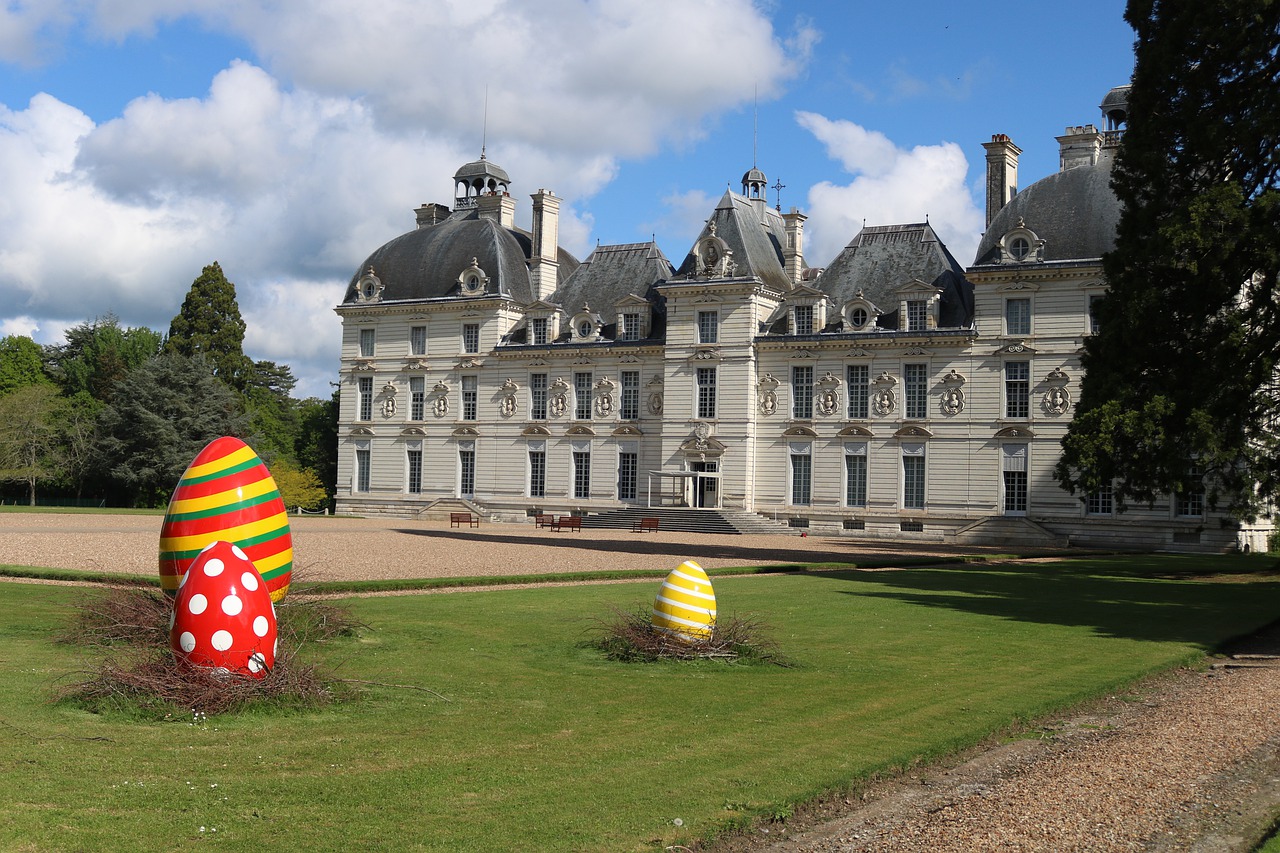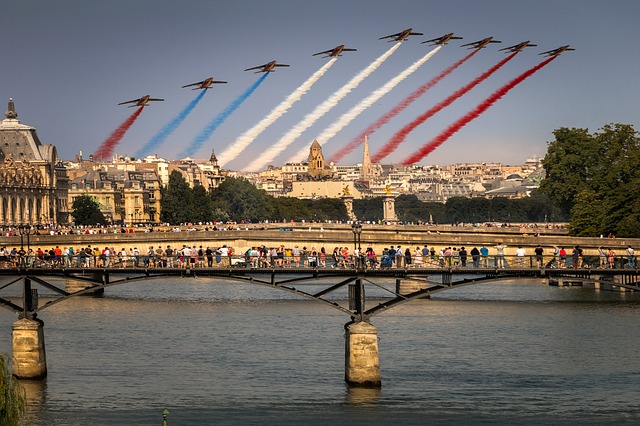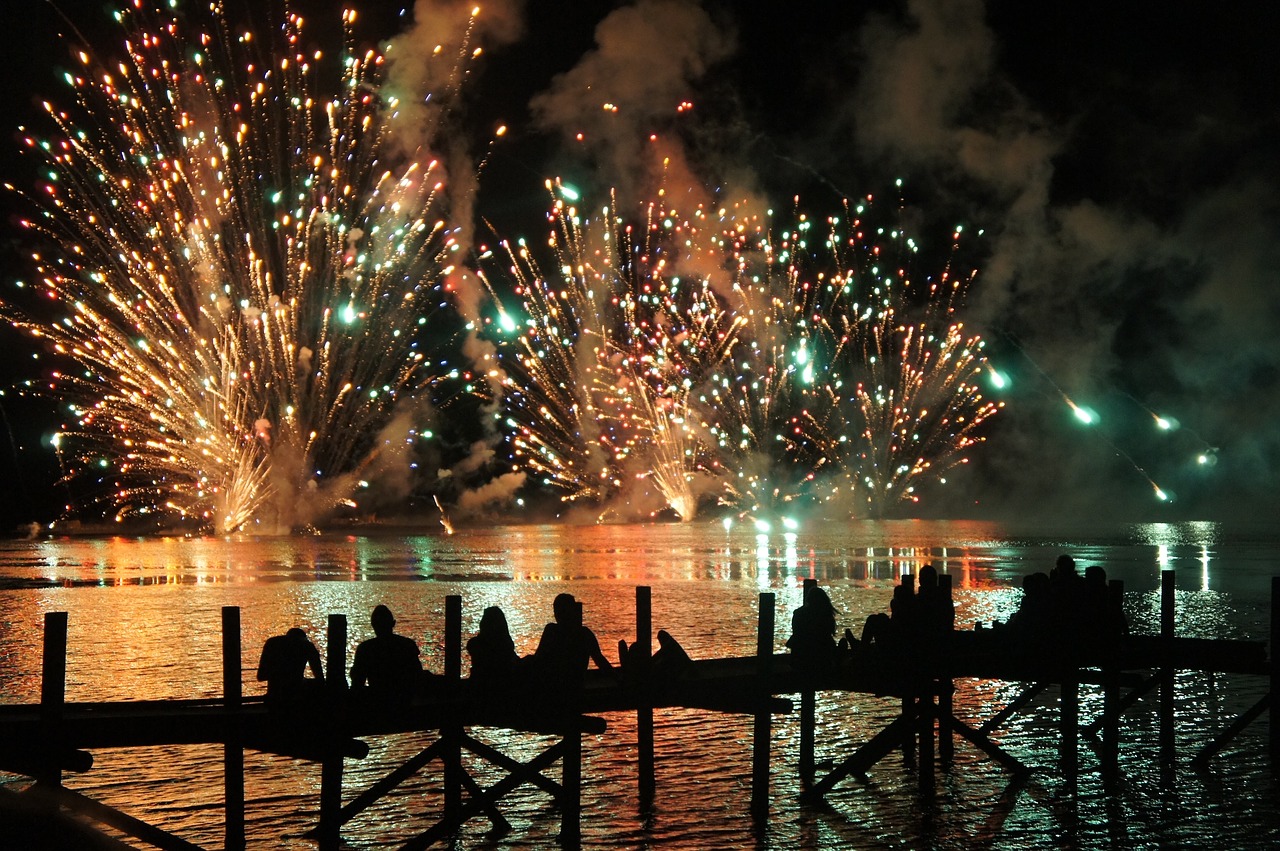Posted on 07 January 2022
Whether living or holidaying here, know that most businesses, shops, and offices close during public holidays in France. Likewise, check the opening hours of supermarkets, bakeries, restaurants, and tourist attractions as they can vary. Altogether there are 11 official public holidays. However, the Moselle and Alsace regions have two holidays, that other areas do not. Additionally, the dates of some public holidays change every year. So, let us look at events to put in your diary if you plan to visit or live in France.
Public Holidays in France
1: Good Friday – Moselle and Alsace Regions
Occurring before Easter Sunday, Good Friday, known as Le Vendredi saint, is when Christians remember Jesus’s crucifixion, events in his life, and sacrifices he made. There is only a public holiday in Moselle and Alsace regions where most locals don’t work, school and businesses shut, practising Christians attend morning services, and some fast or abstain from eating meat. Since Easter Monday is a public holiday, they may visit friends and family for weekend breaks. As Christianity spread through France around 400 CE when Romans ruled, common symbols and images depict Jesus on the cross, and in some places, Christians eat Brioche du careme, which are like hot cross buns.
2: Easter Monday (Changeable Dates)
Easter Monday sees a range of local events taking place. Practising Christians observe the day quietly while others organise Easter egg hunts. As the day occurs in April, French citizens head outdoors to enjoy the beginnings of Spring. Two notable places, the Pyrenees mountains, Bessieres village and Cargese in the Corsica French region, stand out. The first community makes a massive omelette to share, while the second holds a colourful parade and bless local fields for upcoming harvests. Stores and public transport networks are standard in Paris and touristic districts.

3: Public Labour Day – May 1
Many countries celebrate this public holiday, but in France, the day is Fete du Travail, or Fete du Muguet, which translates into May Day. All businesses and banks close, and families often spend time off work together. Historically started in 1886 in America, France was one of the first nations to join in, although it only became an official public holiday in 1941. Before that, French citizens celebrated Spring at this time. Expect to see the Lillie of the valley flowers, a tradition from the French royal courts in a few areas. The flower is a token of appreciation given to teachers and employees.
4: Victory in Europe Day – May 8
Known as La Fete del la Victoire, this public holiday celebrates when Charles de Gaulle announced the end of World War two in 1945. Schools, banks, and businesses close, while the week leading up to the day stems around remembering the Nazi occupation of France to ensure future generations know their rights. Church services and parades occur, and French citizens display flags in their homes. Although this is a time of celebration, they remember those who lost their lives.
5: Ascension Day (Changeable Dates)
This public holiday on the 40th day of easter marks when Jesus ascended to heaven. Christians attend morning church services, while others who do not practice Christianity spend time with family and friends or enjoy the spring weather outdoors. Ascension Day always falls on a Thursday hence dates change yearly. Some French citizens book Friday off work and enjoy long weekend breaks. Although most areas slow down, stores and public transport systems operate as usual in major cities and tourist places.
6 – Whit Monday (Changeable Dates)
Also known as Lundi de Pentecote, or Pentecost Monday, this is when Christians believe the holy spirit descended on Christ’s disciples. In a bizarre move, the government cancelled the holiday in 2005 after 15,000 older adults died in a heatwave two years earlier. Instead, they declared a solidarity event in which people would work for no pay, and their wages would go towards supporting elderly citizens with charitable donations. After demonstrations, they reverted to Whit Day. French citizens spend time with family and friends, while other towns hold sporting or cultural events.
7: Bastille Day in France – July 14
This day marked the fall of the Bastille in Paris in 1789. Originally a fortress, the building became a prison for political prisoners in later years. Resembling the Bourbon monarchy, during 1789, citizens stormed the Bastille, marking the beginning of the French revolution. In 1880, the day called la fete Nationale became an official holiday. Long live July the 14th is a common slogan, and towns and cities celebrate with military parades and firework shows.

8: Assumption of Mary – August 15
Called Assomption in France, this Roman Catholic tradition marks when Mary, mother of Jesus, ascended to heaven. Celebrated on the same day every year, Assumption is a holy obligation for Catholics to attend services. Attention falls on the village of Lourdes because, in 1858, a young girl saw a vision near a cave of the Virgin Mary. Since then, some people have travelled there on assumption day to drink the cave water, which they believe has healing qualities. Other towns and villages hold festive events, including meals, parades, and markets. Given the religious theme, friends and family spend time with each other.
9: All Saints Holiday – November 1
All Saints’ Christian remembrance, known as La Toussaint, celebrates all martyrs who do not have a day dedicated to them. Also known as Hallows Day or Feast of All Saints, this public holiday begins the evening before and carries into all soul’s day on Nov 2. Many citizens of France attend church services, and visit graves of family members, to leave chrysanthemums; hence graveyards become a colourful flower show. Popular food includes lamb, bacon, pancakes, and grain with cider to honour the dead. Since this public holiday falls during the autumn school holidays, some people take short vacations.
10: Armistice Day – November 11
This day marked when Germany and allies signed an armistice to mark the end of fighting as signified on the “eleventh hour of the eleventh day of the eleventh month” in 1918. Some nations, including France, changed the name to Remembrance Day. The most notable event was the 100th anniversary when 60 states of heads met at the Arc de Triomphe to mark the occasion. Out of all military celebrations in France, this is the most important because the first world war was patriotic for the French. While other countries use red poppies as a remembrance symbol, France uses blue cornflowers.
11: Christmas Day in France
French citizens celebrate Christmas day much like any other country. They call Father Christmas Pere Noel or Para Noel. Instead of stockings, though, children leave shoes by the fireplace. Typical French foods to eat include rabbit, truffles, and garlic soup.
12: St Stephens Day – 26th December- Alsace-Moselle Regions
This day is only a public holiday in the Alsace and Moselle regions, although Christians in France honour the day as a celebration of St Stephen’s life. The Christian martyr who was stoned to death is remembered via church services. Life goes on as usual throughout France, although banks, stores, and businesses stay closed in Alsace and Moselle. Symbols depicting St Stephen feature three stones and martyrdom palms and crowns.
13: New Year’s Day in France
New year celebrations in France feature firework displays, songs, and toasts. The exception is Viella village in the Hautes-Pyrénées region. After a church service, locals walk to vineyards and begin grape harvests. They then make wine from these grapes and symbolically label bottles harvested on Jan 1. Traditional foods of New Year’s Eve include le Coeur de l’ an, decorated ice cream gateau, and kings’ cake; a puff pastry case filled with eggs, sugar, butter and ground almonds.

More About France
Best National Parks: The list is endless when listing the best national parks in France. However, what is undeniable is their stunning beauty and wide selection of flora and fauna thriving within their boundaries. To see national parks at their best, visit from green Spring to orange Autumn, when vivid colours of Mother Nature present an open-air playground. With natural mountain backdrops and rolling hills, exploring them on public holidays in France is the ultimate treat for those who love outdoor activities.

